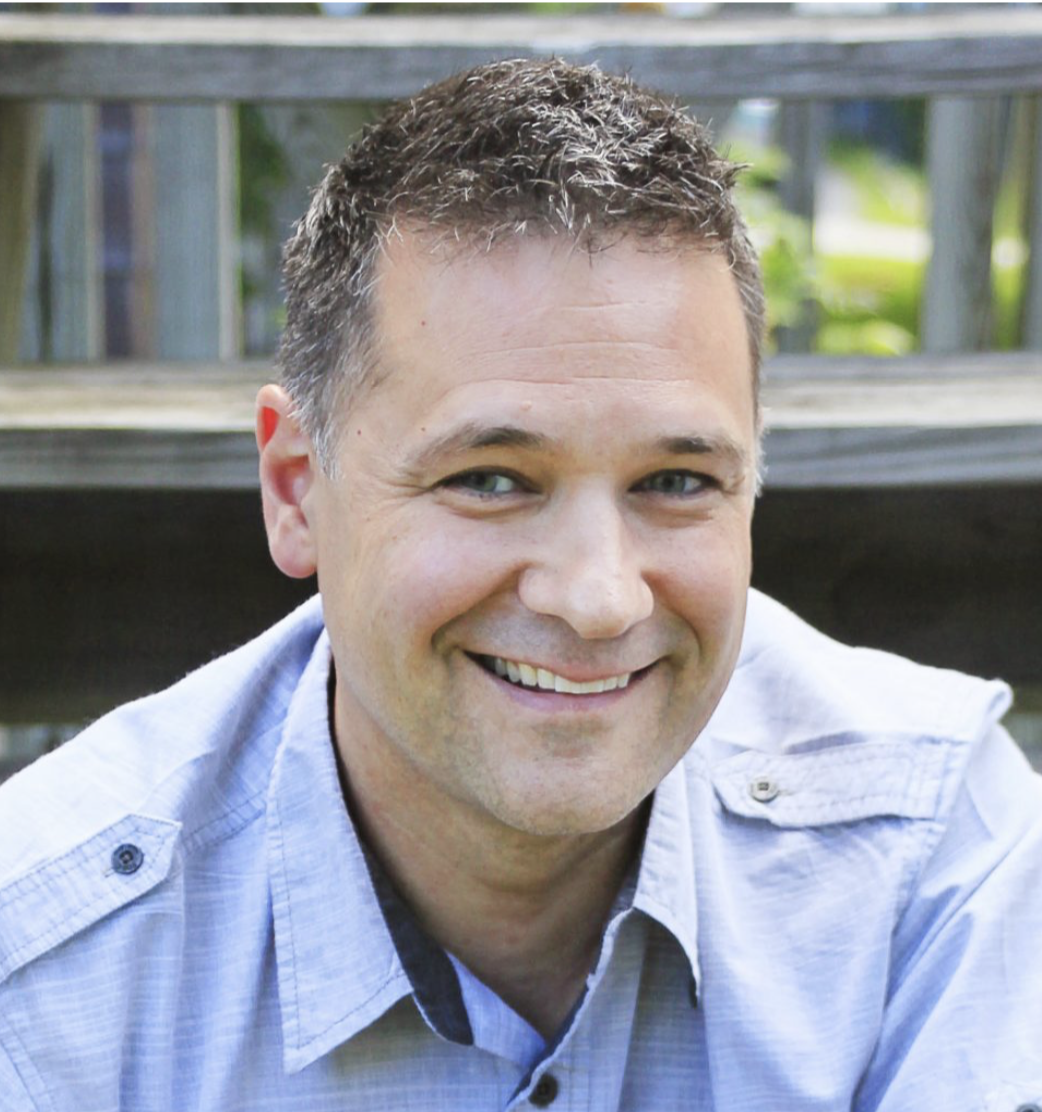Pastoring During A Pandemic: Inside the Mission of Adam Avery
Adam Avery is the lead pastor of Church at the Well based in Burlington, Vermont. | Photo courtesy of Emily Smyth
When the COVID-19 became a national concern starting in March 2020, churches around the country closed their doors to the public.
A year later, many churches are still unable to welcome many of their parishioners back for in-person services. Pastors have been forced to think creatively, modifying church functions in light of pandemic restrictions.
One of the many pastors who has navigated the past year’s restrictions is Adam Avery, lead Pastor of Church at the Well, a small non-denominational church community based in Burlington, Vt.
Avery has been leading and collaborating with fellow staff members of Church At the Well through the pandemic, facing the restraints of lock-down and social distancing guidelines. He was able to share his thoughts over a Zoom meeting, and while the connection was choppy at times, Avery was bright-eyed and perfectly comfortable chatting online. He was honest in sharing what the past year has been like.
“It’s been super difficult,” Avery said, crossing his arms over his chest and leaning back in his chair. “We’re learning through it, you know?”
Pastoring during a pandemic has proved to be a challenge, but the ruralness of a place like Vt. has added an extra hurdle in effectively pastoring a congregation. Here, it’s not uncommon for a family to drive more than 45 minutes to a church service, one way.
“It was already a bit tricky to pastor to geographically spread people, but when you can’t go anywhere to see them, it’s even more difficult,” Avery said.
During the past summer and fall it was easy to plan outdoor, socially-distanced church services where people could safely gather and worship together. Towards the end of the fall, the church was able to gather at a member’s hillside farm for a full service with a chili meal provided afterwards. People brought lawn chairs, distanced themselves six feet apart and sang with masks on. The hillsides were in full autumn color. Unfortunately, that was the last gathering the church was able to have.
“As soon as the weather turned, we had to go online. So you lose that community face-to-face,” Adam said.
Outdoor services during the winter were an option, so the church community was forced to live stream services from their homes instead. As any “Vermonter” could attest, winters this far up North are long and cold, so the hope of an outdoor service is still faint, along with any signs of spring.
The direct result of virtual church, of course, is the loss of community. But Avery personally confessed another challenge he’s been facing as a pastor.
“This is somewhat narcissistic in that it is very selfish, but it’s accurate,” Avery said. “One of the hardest things over the last year was not being listened to. Pastors, we’re used to having people listen on Sunday morning. We have a whole congregation that communicates with us with their eyes, body language, and their words that we sing together. It’s a very weird feeling of not being listened to,” he continued.
While there have been many downsides in regards to the pandemic over the last year, Avery was quick to offer some of the constructive changes he’s seen emerge in the church.
“For one, people’s individual walk with Jesus has strengthened. We can’t depend on Sunday services anymore, ”Avery said. “Everything was strippd away that people counted on. Our economy, personal finances, health, interactions with the outside world...it makes you realize, whoa. Maybe I’m not so sufficient. Maybe I do need Jesus,” he continued.
Along with this change, Avery predicted in the coming years the church will look very different from what it was before the pandemic.
“There’s this decentralization happening, like all the parts of the body of Christ have to function because they’ve seen how fragile centralization is, and decentralization is more resilient,” Avery said.
Making a comparison to computer passcodes, Avery shared his belief that before the pandemic, the church’s passcode was too simple, like a basic one-two-three-four sequence. Members’ engagement only required that they show up Sunday morning, sing a few songs, listen to a sermon, shake a few hands and then go home.
But now, the congregation has to do more than simply show up on a Sunday, and Avery believes the church will be more resilient if they keep engaging and serving one another, even from afar.
Avery shared the lessons he has learned over the course of the past year. If anything, it’s been an eye-opening year for the Church At the Well.
“The church isn’t as dependent on me as I thought,” Avery said. “The church is actually flourishing in a ton of areas. We’ve grown deeper in our own individual faith, but we’ve actually grown in number, which astounds me,” he continued.
Avery mentioned how he had been reflecting on the remarkable growth of the church during the pandemic and his hopes for its future in the coming years.
“I think I’m going to come away with less self-importance, if that makes sense. For the church, I think they’re gonna come away with a much deeper hunger,” Avery said.
Looking back over the pandemic, Avery feels sad but hopeful. He’s seen how many churches have floundered because of the pandemic, racial upheaval and polarized politics that characterized the last year. Yet, he still feels hopeful looking forward.
“I think that this pandemic has brought a reality to people, Christian and non-Christian. People start asking, what is my life about? They're realizing everything they’re living for can be pulled away in an instant,” Adam said. “And that opens up all kinds of opportunities and pathways for the gospel,” he added.

